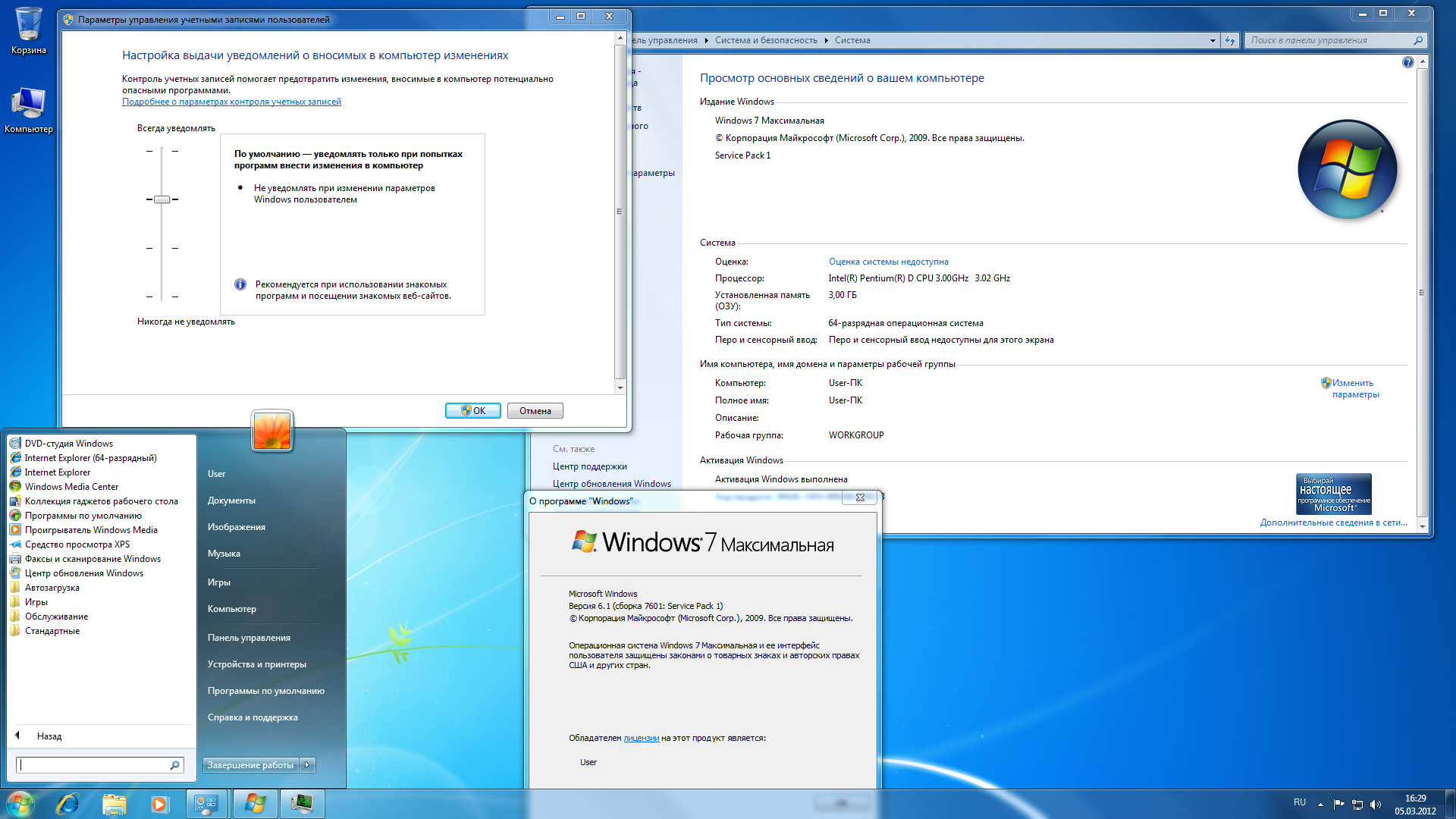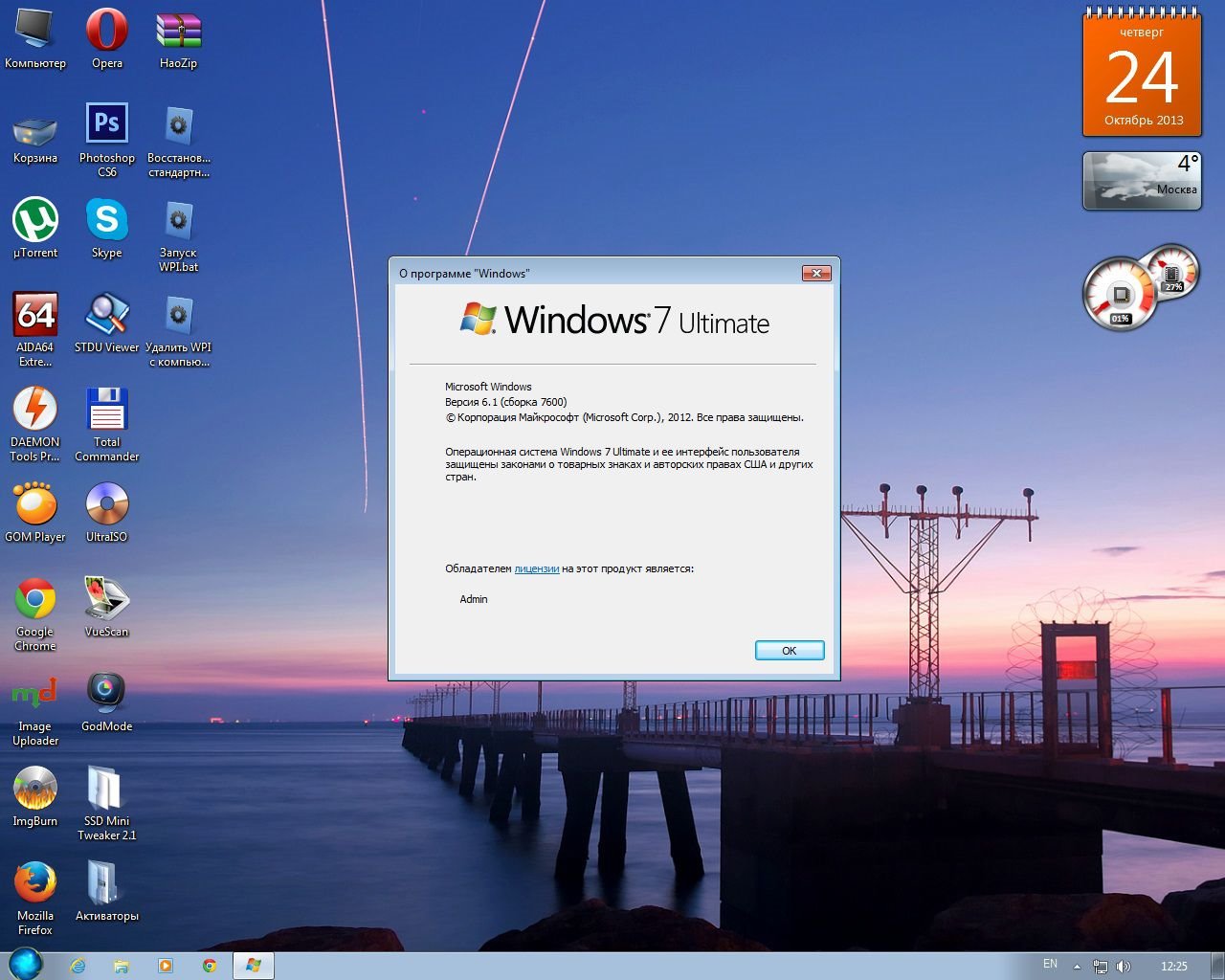
Vindovs 7 Maksimaljnaya 64 Skachatj S Programmami I Drajverami
The Rajmata Vijayaraje Scindia Krishi Vishwavidyalaya, Gwalior was established by Government of Madhya Pradesh Vide Ordinance No. 4 of 2008 notified in the Extraordinary Gazette No. 507 dated 19th August 2008 as second Agricultural University by bifurcating the JNKVV. As a current student on this bumpy collegiate pathway, I stumbled upon Course Hero, where I can find study resources for nearly all my courses, get online help from tutors 24/7, and even share my old projects, papers, and lecture notes with other students.
Released in 2000, PS One already had the ability to connect to the LCD screen, had a compact size and was compatible with all video games released for PlayStation. Download game psx iso android gratis.
To impart education, conduct research and extension activities for enhancing productivity, optimization of profit and sustainability of agriculture and allied sector and improving rural livelihood in the state of Madhya Pradesh. • To serve as a centre of higher education in the field of agriculture and allied sciences; • To conduct basic, strategic, applied and anticipatory research in the field of agriculture and allied sciences; and • To disseminate technology to farmers, extension personnel and organizations engaged in agricultural development through various extension programs. • To produce and supply of genuine and quality seeds/ planting materials to the farmers.

• • University• • • • • • Examination• • • • Activities• • • • • Media & Publications• • • • • • Other Links• • • • Visitors Count-• 2009003 This is the University Service Portal of RVSKVV, Gwalior, developed with an objective to enable a single window access to information and services being provided by the various sections of Institute. The content in this Portal is the result of the processing of data and information about the affiliated Institutions and Enrolled Students with University. This portal is part of University e-Governance initiative. The site is running on Beta Version.
This portal is managed by Centre for Research and Industrial Staff Performance ( ), Bhopal. Best viewed in IE 6.0 and above with monitor resolution 1024x768.
A while back I was chatting with a few colleagues about the business of wine criticism. I suggested that certain critics seem to have preferences that come across in their assessments. I picked out one in particular and suggested, rather bravely, that I didn’t think their ratings of certain wines were very reliable, and that they were out of step with the new generation of sommeliers and writers. (It’s possible that I may have used stronger language than this.) “But that’s just your opinion,” replied a fellow writer. I was surprised.
A discussion followed. Her view, with which I strongly disagree, is that we all have our own opinions on a wine, and if individuals think a wine is great, then to them it is.
This isn’t an unusual view. And it sounds wonderfully democratic. According to this posture, everyone’s opinion is of equal value. If you think a wine is great, then, to you, it is. It’s common to hear wine personalities who, when speaking to consumers, feel obliged to echo this sentiment: Like what you like, and don’t let other people tell you your taste is wrong! To argue against this seems terribly elitist and snobby. At its core, wine criticism is a demonstration of expertise and aesthetic systems.